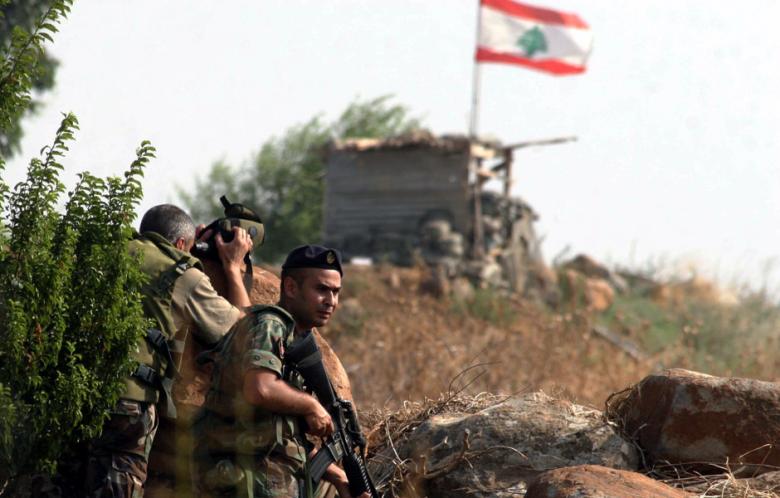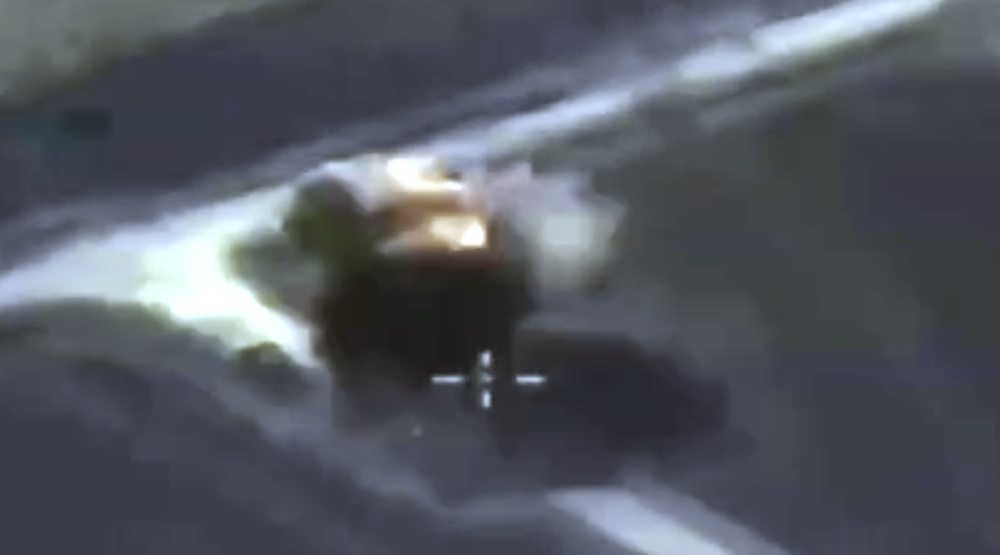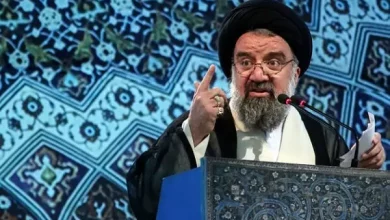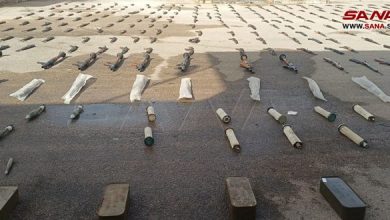No reason not to supply Syria with S-300 defense systems: Russian FM
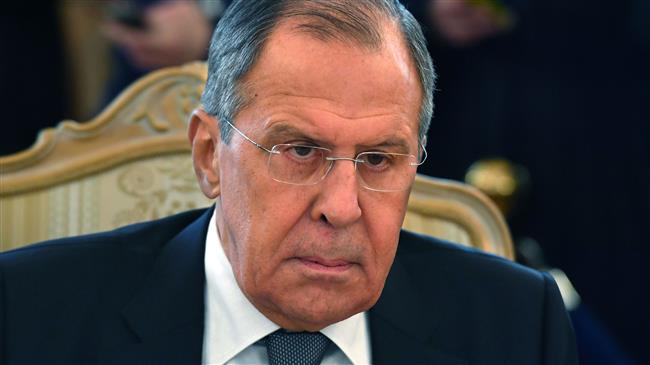

Russia says the latest US missile strikes against Syria have removed any moral obligation for Moscow not to deliver advanced S-300 missile defense systems to Syria.
“We promised not to do it around a decade ago at the request of our partners, and we took into consideration their argument that this would destabilize the situation, despite this [S-300] being a purely defensive system,” said Russian Foreign Minister Sergei Lavrov on Friday.
“We heeded their call. But now we have no such moral obligation,” the top Russian diplomat added.
On April 14, the United States, France and the United Kingdom carried out a missile attack on a number of targets in Syria in response to a suspected chemical attack in Douma that reportedly took place on April 7. Syria has rejected any role in the alleged attack, which is yet to be investigated.
The Russian Defense Ministry said a total of 103 cruise missiles were launched by the United States and its allies, 71 of which were intercepted by Syria’s air defenses. Russian missile systems deployed to the Arab country were not involved in the interception.
Following the strikes, Russia announced it may consider giving Syria S-300 systems so it can defend itself in the face of such acts of aggression.
The announcement has raised fears in Israel, which has been conducting frequent air raids against various targets in Syria in support of anti-Damascus militants.
According to former Israeli military intelligence chief Amos Yadlin, the deployment of S-300 in Syria has been a concern for Israel in the past two decades and “at the end of the day, it will happen.”
Yadlin told Bloomberg it was inevitable that the S-300 missile system would be deployed in Syria and then targeted by Israel.
“If I know the air force well, we have already made proper plans to deal with this threat. After you remove the threat, which is basically what will be done, we’re back to square one,” he said.

Elsewhere in his remarks Lavrov said that prior to the tripartite Western airstrikes on Syrian targets, Russia had cautioned the US-led coalition that crossing certain “red lines” on the ground in Syria would prompt retaliation.
“This was said very clearly and unambiguously,” Lavrov said.
“Afterwards there were contacts at the level of military leaderships and generals, between our representatives and the US coalition command. They were notified of our ‘red lines,’ including geographical ‘red lines’ on the ground. And, as a result, these ‘red lines’ were not crossed,” he said.
He further said that US President Donald Trump has invited his Russian counterpart, Vladimir Putin, during a phone conversation for a meeting at the White House, adding that the two heads of state would never allow tensions between their nations to turn into an armed conflict.
“Speaking about the risk of a military confrontation, I feel absolutely confident to assume that the militaries will not allow this, and of course neither will President Putin or President Trump. They are leaders, after all, elected by their people and responsible for their peace,” he said.
